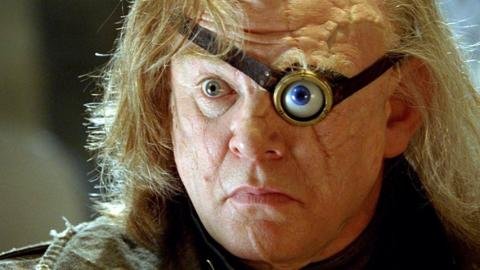Who was the first to "turn a blind eye"?
In English, the idiom “turn a blind eye” means “willfully ignore undesirable information” or “pretend not to notice”.
Contrarily to many other English expressions, “turn a blind eye” is not a translation, but it originated in England. It is widely attributed to Lord Admiral Horatio Nelson. During the Battle of Copenhagen between England and Denmark in 1801, then Vice-Admiral Nelson received the order to withdraw. Nelson had been wounded several times in combat, losing one arm in Santa Cruz de Tenerife and the sight in one eye in Corsica.
The order to withdraw came as a signal from commanding officer Admiral Sir Hyde Parker. Feeling that the victory was possible, Nelson decided to disobey the order. According to many accounts, Nelson turned to Captain Foley and said ‘You know…I have only one eye. I have a right to be blind sometimes’ and raising a spyglass to his right eye added ‘I really do not see the signal’.
Nelson went on to win the Battle of Copenhagen, after which he was appointed Commander-in-Chief of the fleet, much to the dismay of Sir Parker, who tried to save face by saying that it wasn’t truly an order, and that Nelson had the right to disregard it.
Nelson was eventually shot and killed during his final victory at the Battle of Trafalgar against Napoleon in 1805, but the expression “turn a blind eye” has survived since then.


